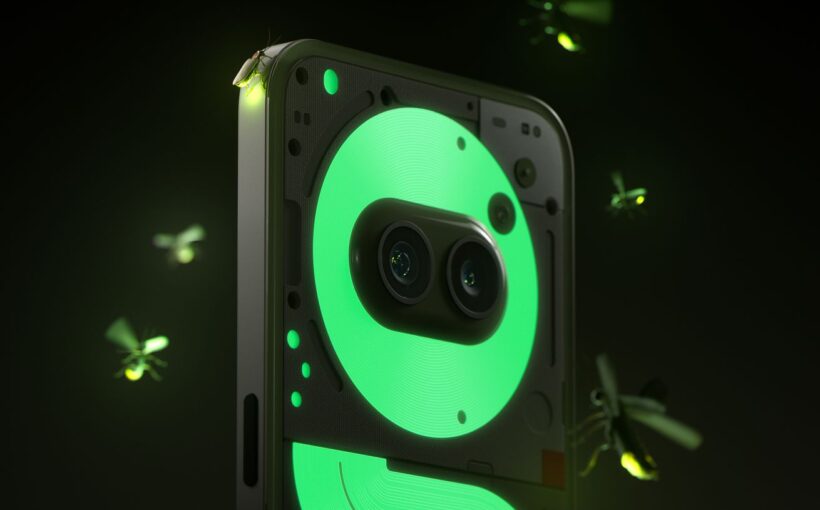
Nothing has announced a new version of its Phone 2A Plus featuring a customized glow-in-the-dark design and packaging created in part by some of the company’s “most talented followers.” The Phone 2A Plus Community Edition is the result of a contest held by the company encouraging its community to “build a smartphone of their own imagination.”
The Phone 2A Plus Community Edition is Nothing’s first “major pilot to co-create hardware,” the company says, and resulted in over 900 entries from its community customizing everything from its look to how it will be marketed. The phone will be available to purchase starting on November 12th through Nothing’s website for $399 but is being limited to just 1,000 units.
:format(webp)/cdn.vox-cdn.com/uploads/chorus_asset/file/25705147/nothing3.jpg)
The concept for the Phone 2A Plus Community Edition’s updated design was created by Astrid Vanhuyse and Kenta Akasaki and realized through a collaboration with Nothing’s Adam Bates and Lucy Birley. The phone’s functionality, including three light strips around its rear cameras, hasn’t changed. But the back of the phone is now tinted with a green phosphorescent material that will “emit a soft glow in dark environments” for hours, Nothing says, requiring just daylight to charge.
The glow-in-the-dark accents are carried forward to the Phone 2A Plus Community Edition’s new packaging, which was reinterpreted by Ian Henry Simmonds with reflective elements and a macro crop of the phone itself.
:format(webp)/cdn.vox-cdn.com/uploads/chorus_asset/file/25705158/nothing2.jpg)
Inspired by the original phone’s hardware, Andrés Mateos and Nothing’s software designers used a mix of design tools and AI to create a new set of six matching wallpapers called the “Connected Collection” that will be bundled with the Phone 2A Plus Community Edition. Lastly, Sonya Palma created a new “Find your light. Capture your light” marketing campaign that will be used to promote the Community Edition.
Although this is Nothing’s first attempt to enlist its community to help design hardware, the project is reminiscent of a collaboration between CMF (Nothing’s affordability-focused subbrand) and Bambu Lab encouraging CMF Phone 1 users to design 3D-printed accessories and contraptions that could be added to the back of that phone.



